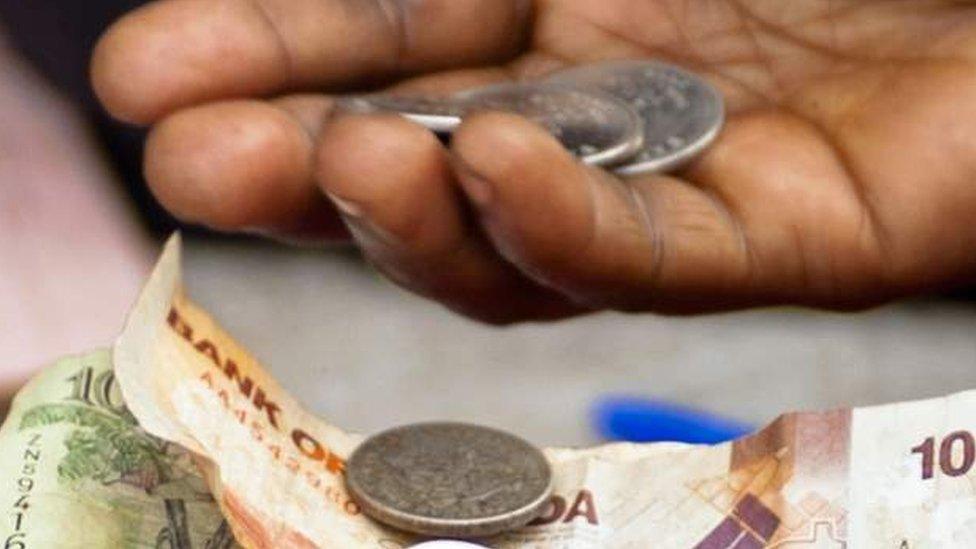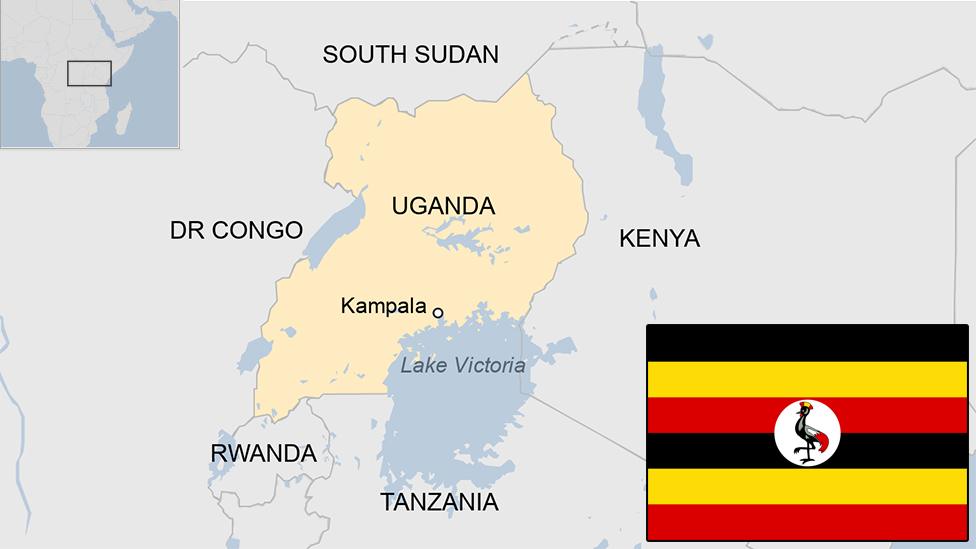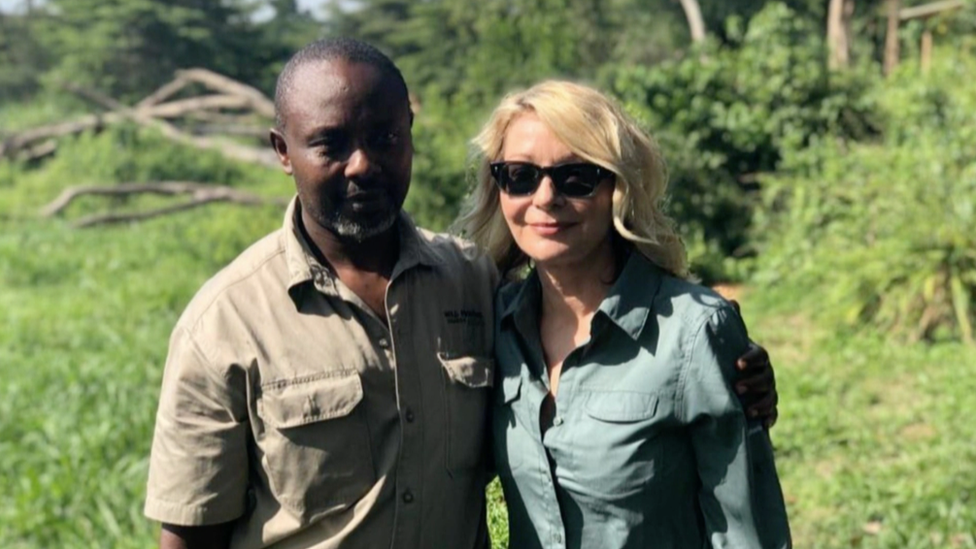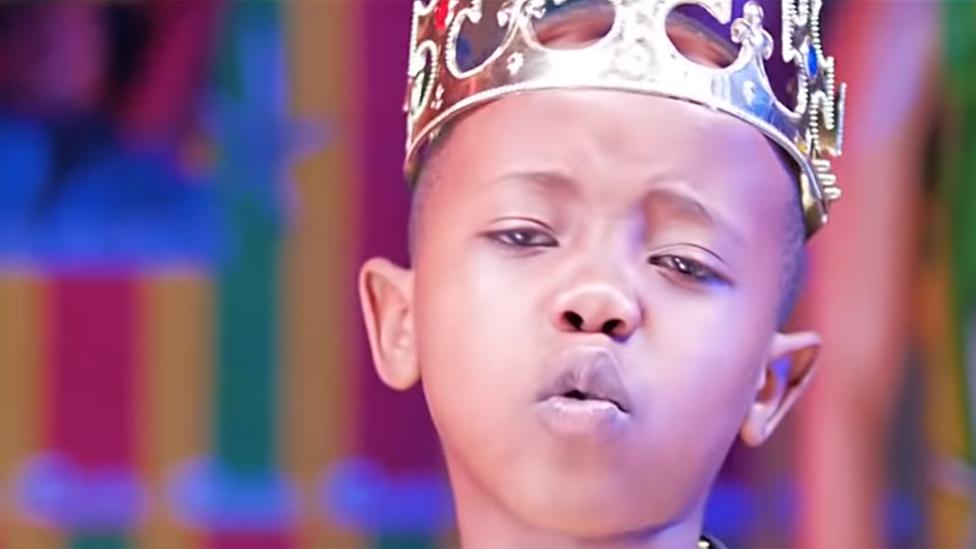Ugandan capital Kampala bans street children donations
- Published

Street beggars say children attract more sympathy from passers-by, earning them more money
Uganda's capital Kampala has passed a law to ban giving money or food to children living on the streets.
Kampala's Lord Mayor, Erias Lukwago, said the law aimed to curb the commercial and sexual exploitation of children.
According to government estimates, as many as 15,000 children live on the streets in Kampala, aged from seven up to the age of 17.
Offenders face up to six months in prison or a fine of $11 (£9).
BBC Uganda correspondent Dear Jeanne said many children were trafficked from villages and forced by their handlers to live in small rooms within the city's slums.
To combat this, the new law will ban the rental of apartments to support sex work, begging or petty trade by children.
"We are ready to be imprisoned"
One street beggar, Annie Katuregye, aged 60, said she used children to accompany her in order to gain enough sympathy from passers-by to give money.
"As long as we see children coming, we'll force our way on the streets. We are ready to be imprisoned," she said.
Mr Lukwago said the law was targeted at parents and agents who were "cashing in" on children. Parents of children found begging or selling on the streets will also be penalised.
"It's now a lucrative business for some individuals who procure these kids from various parts of the country and bring them on to the streets of Kampala," he said. "It's a business. We want to bring that to an end."
The law is currently restricted to the city of Kampala rather than the rest of the country.
- Published26 April 2023

- Published8 April 2019

- Published27 March 2019
